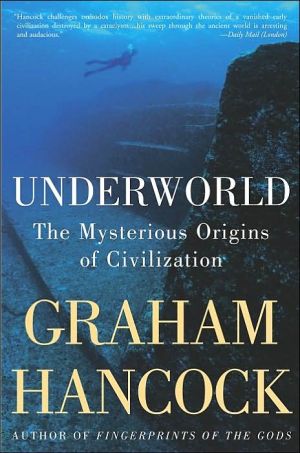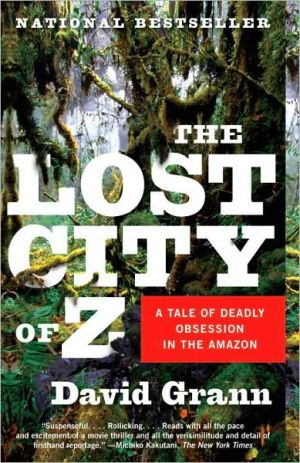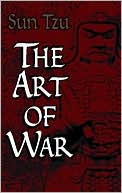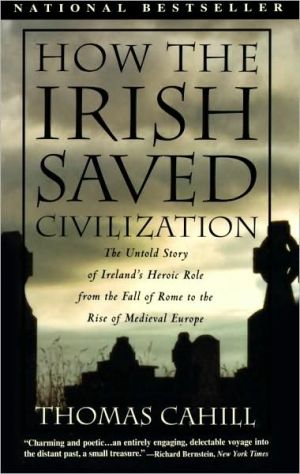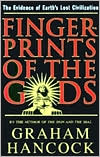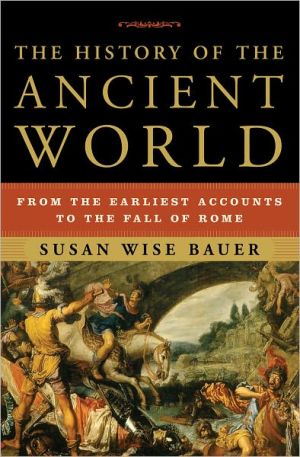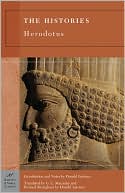Underworld: The Mysterious Origins of Civilization
What secrets lie beneath the deep blue sea? Underworld takes you on a remarkable journey to the bottom of the ocean in a thrilling hunt for ancient ruins that have never been found—until now.\ In this explosive new work of archaeological detection, bestselling author and renowned explorer Graham Hancock embarks on a captivating underwater voyage to find the ruins of a mythical lost civilization hidden for thousands of years beneath the world’s oceans. Guided by cutting-edge science,...
Search in google:
What secrets lie beneath the deep blue sea? Underworld takes you on a remarkable journey to the bottom of the ocean in a thrilling hunt for ancient ruins that have never been found—until now. In this explosive new work of archaeological detection, bestselling author and renowned explorer Graham Hancock embarks on a captivating underwater voyage to find the ruins of a mythical lost civilization hidden for thousands of years beneath the world’s oceans. Guided by cutting-edge science, innovative computer-mapping techniques, and the latest archaeological scholarship, Hancock examines the mystery at the end of the last Ice Age and delivers astonishing revelations that challenge our long-held views about the existence of a sunken universe built on the ocean floor.Filled with exhilarating accounts of his own participation in dives off the coast of Japan, as well as in the Mediterranean, the Atlantic, and the Arabian Sea, we watch as Hancock discovers underwater ruins exactly where the ancient myths say they should be—submerged kingdoms that archaeologists never thought existed. You will be captivated by Underworld, a provocative book that is both a compelling piece of hard evidence for a fascinating forgotten episode in human history and a completely new explanation for the origins of civilization as we know it. Publishers Weekly Already a huge success in England, this lengthy and at times quite academic study extends the basic argument of Hancock's 1994 Fingerprints of the Gods, a wild combination of astronomy, archeology, geology and folk myth whose worldwide success made Hancock perhaps the most popular proponent of "alternative history" as well as a publishing phenomenon. Hancock's basic thesis is simple: although mainstream scholars refuse to believe it, there once was "a lost civilization destroyed in the cataclysmic global floods that brought the last Ice Age to an end," and the survivors passed on their knowledge to the newer ancient civilizations with which we are more familiar. The search for an "Indian Atlantis" is the basis for this book, which is structured around Hancock's exploration of underwater sites near India, Japan, Taiwan and China, and in the Arabian and Mediterranean Seas. As usual, Hancock wonderfully introduces the general reader to Indian and Japanese subcultures; however, his reliance primarily on works by local alternative historians many of whose views have been clearly refuted by other scientists while ignoring almost anything that refutes his own thesis undercuts his credibility. In his effort to present his step-by-step discoveries in the style of a "whodunit," Hancock remains an entertaining writer and an interesting cultural journalist. But while the exploration of undersea prehistoric sites is a fascinating and ongoing research area, and Hancock's main contribution to the subject his theories continues to make him a successful writer, his works have been relegated to marginalia. (Nov.) Forecast: Hancock's highly controversial view of history and his theories about "lost civilizations" have gained him an audience that will not be disappointed by Underworld. However, this will not convert the unconverted. Copyright 2002 Cahners Business Information.
AcknowledgementsPART ONE: Initiation1. Relics2. The Riddle of the Antediluvian Cities3. MeltdownPART TWO: India (1)4. Forgotten Cities, Ancient Texts and an Indian Atlantis5. Pilgrimage to India6. The Place of the Ship's Descent7. Lost India8. The Demon on the Mountain and the Rebirth of CivilizationPART THREE: India (2)9. Fairytale Kingdom10. The Mystery of the Red Hill11. The Quest for Kumari Kandam12. The Hidden Years13. Pyramid Islands14. Ghosts in the WaterPART FOUR: Malta15. Smoke and Fire in Malta16. Cave of Bones17. The Thorn in the Flesh18. The Masque of the Green Book19. Inundation20. The Morning of the WorldPART FIVE: Ancient Maps21. Terra Incognita22. The Secret Memories of Maps23. Looking for the Lost on the Road to Nowhere24. The Metamorphoses of AntiliaPART SIX: Japan, Taiwan, China25. The Land Beloved of the Gods26. Remembrance27. Confronting Yonaguni28. Maps of Japan and Taiwan 13,000 Years Ago?29. Confronting Kerama30. The Shark at the GatePostscript 1 -- The Underworld in the Gulf of CambayPostscript 2 -- The Underworld in the Bay of BengalAppendix 1 -- Report on the Completion of the Joint SES/NIO Expedition to South-east IndiaAppendix 2 -- SES Press Release, 5 April 2002, Announcing the Discovery of Underwater Ruins at Mahabalipuram and Inviting Media to a Press Reception, 10 April 2002Appendix 3 -- Preliminary Underwater Archaeological Explorations off Mahabalipuram. Statementby National Institute of Oceanography, 9 April 2002Appendix 4 -- Comments by Graham Hancock on the NIO Statement of 9 April 2002 Regarding Preliminary Underwater Archaeological Explorations off MahabalipuramAppendix 5 -- Who Discovered the Underwater Ruins at Mahabalipuram? And Who is Claiming What?Appendix 6 -- UK Press Coverage of Mahabalipuram Discovery, April 2002Appendix 7 -- Press Report on Paulina Zelitsky's Explorations in CubaAppendix 8 -- Press Report from Times of India, 6 July 2002Online Appendices and PhotographsNotesIndex
\ From Barnes & NobleMaster of historical mysteries Graham Hancock goes underwater to discover Ice Age civilizations. In perhaps his most startling book yet, the author of Fingerprints of the Gods taps on recent scientific advances to postulate the existence of ancient cultures that prospered 8,000 to 15,000 years ago. Then, diving equipment in tow, he sets off to validate his theories…\ \ \ \ \ Publishers WeeklyAlready a huge success in England, this lengthy and at times quite academic study extends the basic argument of Hancock's 1994 Fingerprints of the Gods, a wild combination of astronomy, archeology, geology and folk myth whose worldwide success made Hancock perhaps the most popular proponent of "alternative history" as well as a publishing phenomenon. Hancock's basic thesis is simple: although mainstream scholars refuse to believe it, there once was "a lost civilization destroyed in the cataclysmic global floods that brought the last Ice Age to an end," and the survivors passed on their knowledge to the newer ancient civilizations with which we are more familiar. The search for an "Indian Atlantis" is the basis for this book, which is structured around Hancock's exploration of underwater sites near India, Japan, Taiwan and China, and in the Arabian and Mediterranean Seas. As usual, Hancock wonderfully introduces the general reader to Indian and Japanese subcultures; however, his reliance primarily on works by local alternative historians many of whose views have been clearly refuted by other scientists while ignoring almost anything that refutes his own thesis undercuts his credibility. In his effort to present his step-by-step discoveries in the style of a "whodunit," Hancock remains an entertaining writer and an interesting cultural journalist. But while the exploration of undersea prehistoric sites is a fascinating and ongoing research area, and Hancock's main contribution to the subject his theories continues to make him a successful writer, his works have been relegated to marginalia. (Nov.) Forecast: Hancock's highly controversial view of history and his theories about "lost civilizations" have gained him an audience that will not be disappointed by Underworld. However, this will not convert the unconverted. Copyright 2002 Cahners Business Information.\ \
